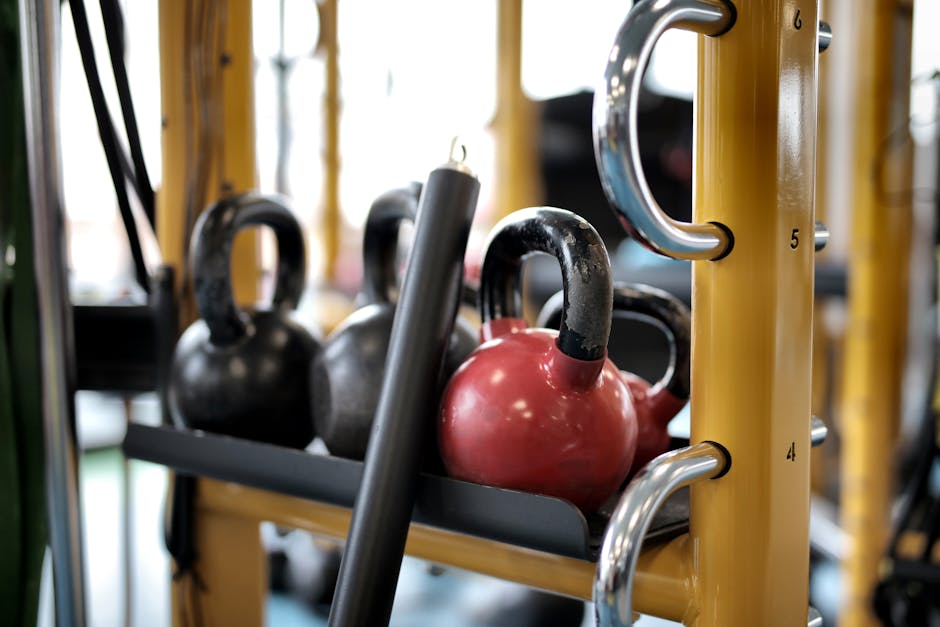In the quest for the ultimate home gym setup, many fitness enthusiasts find themselves at a crossroads when it comes to choosing between kettlebells and dumbbells. These versatile pieces of equipment offer unique benefits and advantages that cater to different workout preferences and goals. Let's delve into the world of kettlebells and dumbbells to help you make an informed decision for your fitness routine.
Benefits of Using Kettlebells
Kettlebells have surged in popularity due to their ability to provide a full-body workout in a short amount of time. The unique shape and off-center mass of a kettlebell engage multiple muscle groups simultaneously, leading to efficient calorie burning and muscle toning.
One of the key advantages of kettlebells is their versatility in movement patterns. From swings and snatches to Turkish get-ups, kettlebell exercises challenge coordination, strength, and cardiovascular fitness all at once, making them a favorite among those looking for a dynamic workout experience.
In addition to promoting physical strength, kettlebells also enhance grip strength and stability. The offset handle of a kettlebell requires increased control during exercises, which can translate to improved performance in other lifting activities and daily tasks.
Moreover, kettlebells are a convenient option for home workouts, as they take up minimal space and can be easily stored. Whether you're aiming for fat loss, muscle building, or overall functional fitness, incorporating kettlebells into your routine can inject variety and intensity into your training.
Advantages of Incorporating Dumbbells
Dumbbells have long been a staple in both home and gym settings for good reason. These versatile weights offer a wide range of exercises that target specific muscle groups, making them ideal for isolation movements and strength training.
One of the primary advantages of dumbbells is their scalability. With various weight increments available, dumbbells allow for progressive overload, essential for muscle growth and strength development. Whether you're a beginner or an experienced lifter, there's a suitable dumbbell weight for you.
Unlike kettlebells, dumbbells enable bilateral movements, which can help address muscle imbalances and ensure symmetrical strength development. This feature is particularly beneficial for rehabilitation exercises and enhancing overall muscle stability and coordination.
Furthermore, dumbbells offer flexibility in workout customization, allowing you to adjust exercises according to your fitness level and goals. Whether you prefer traditional bicep curls or shoulder presses, dumbbells provide endless variations to keep your workouts challenging and effective.
In conclusion, the choice between kettlebells and dumbbells ultimately depends on your fitness priorities and workout preferences. Both options offer unique advantages that can contribute to a well-rounded exercise routine. Experiment with different movements, listen to your body, and select the equipment that motivates you to push your limits and achieve your fitness goals.
When deciding between kettlebells and dumbbells for your home gym, remember that both options bring valuable elements to your workout regimen. Whether you opt for the dynamic movements of kettlebells or the classic versatility of dumbbells, the key is to select the equipment that aligns best with your fitness objectives and preferences. Whichever path you choose, the most important thing is to stay consistent and enjoy the journey towards a healthier, stronger you.






